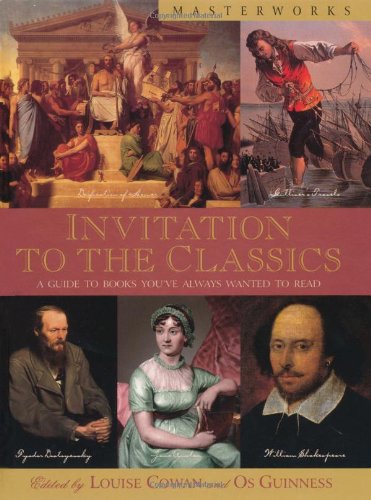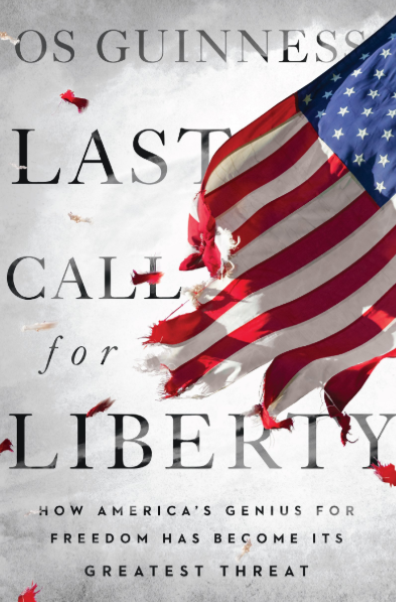The American Hour is a searching assessment of the strength of the American republic at the end of what has been called the “American Century.” In an incisive analysis, Os Guinness examines the ways in which the current crisis of cultural authority strikes at the heart of American identity. As he shows, this crisis has occurred because America’s beliefs, traditions, and ideals – civic as well as religious – are losing their power to shape the private and public lives of countless Americans. He first charts this growing crisis in America’s moral and cultural order, tracing its roots early in this century to the first open phase of conflict, which began to build in the fifties and climaxed in the cultural revolution of the sixties. He goes on to examine the subsequent conservative counter-revolution, focusing throughout on the impact of this crisis on three areas vital to the health of the republic – on American identity, as in the currently contested notion of what it means to be an American; American public philosophy, including the now controversial relationship of religion and public life; and American republican character, including our distinctive emphasis on the importance of the “habits of the heart.”
Guinness also examines the historical role of religion in American society and its integral function in American public life. He explores how religion came to lose its power as a vital shaping force of America’s moral and cultural order, and he considers the consequences of this loss. He then establishes four scenarios that range from the continued decline of religion in public life to a resurgence of faith, showing how each possible outcome could affect American society in the upcoming century. Examining closely the recent controversies over religion and politics, Guinness concludes by setting forth a vision of how we can move beyond these struggles and provide America’s diverse faiths with a revitalized and constructive role in public life.



